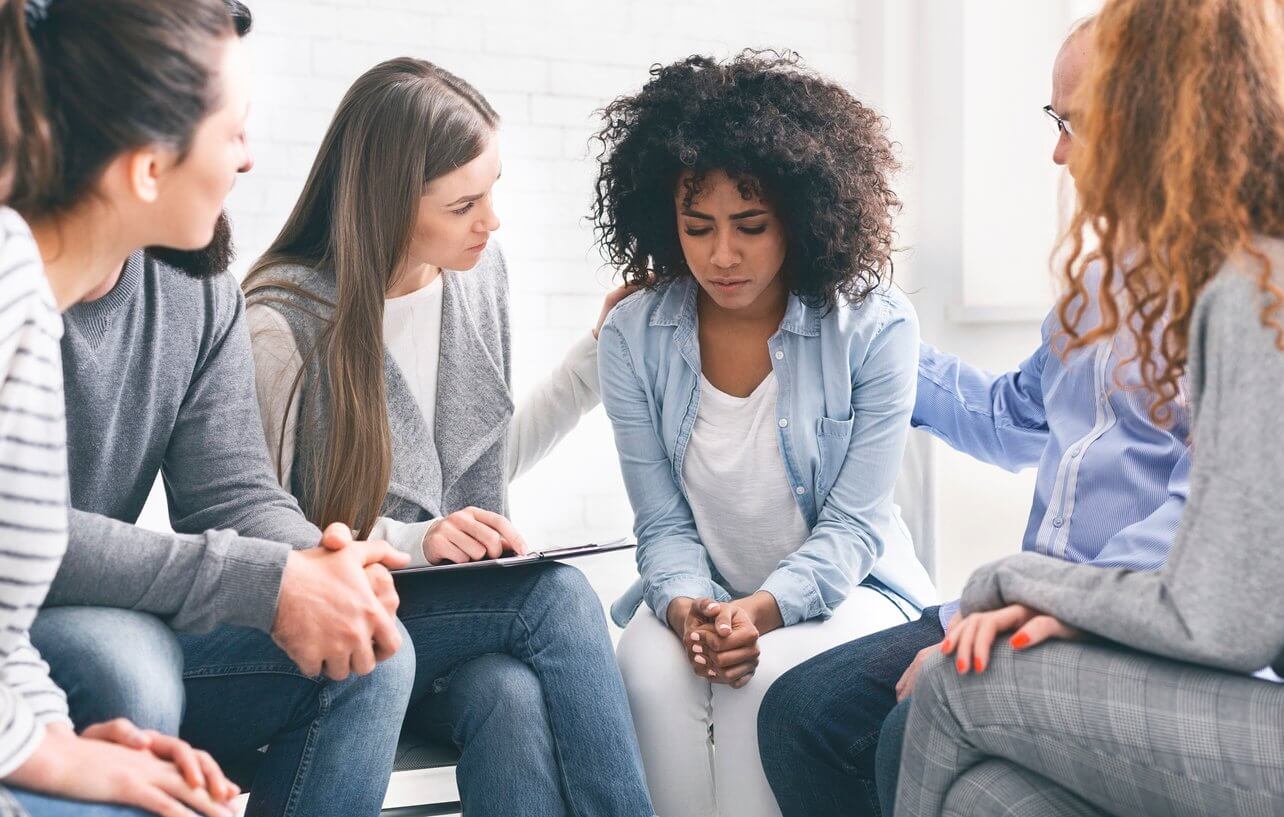What Help Is Available when You Are Grieving?

As many studies have shown, after a major loss, such as the death of a child, spouse, or parent, as many as one-third of those directly affected suffer from detrimental effects to mental and physical health. Those effects include an increased risk of suicide, heart disease, and other conditions related to stress, as well as psychiatric and psychosomatic disorders.
Getting grief support can be key to avoiding the many negative impacts of such a loss, but it's not something that's often talked about. If you or a loved one needs support due to grief, there are options that can help, including these.
Support Groups
The importance of compassion and encouragement can't be understated. There are many different free support groups across the country. While some people attempt to cope on their own and don't need or want outside help, many others will find comfort in sharing their depression, anger, pain, and other emotions.
The list of groups specializing in grief is long – there are many that are associated with particular types of circumstances, such as death by suicide and cancer, or by profession, like police officers, firemen, and those in the military. Meetings may be held at hospitals, community centers, school gyms, churches, funeral homes, and many other gathering spaces. If you can't locate a group in your community online, contacting your local hospital or funeral home can usually turn up something.
Hospice Bereavement Services
Whether or not the patient received hospice care, hospice often provides services to family and other loved ones through extensively trained staff. Bereavement counselors can offer compassionate support to loved ones to help the grieving get through this often devastating, difficult experience.
Professional Counseling
In some cases, processing and working through grief along with any other unresolved problems can take several years or more, requiring more help and treatment. There's no one timeline for the grieving process, and it shouldn't be rushed as the death of a close loved one can bring other troubling issues to the service. Professional, licensed counselors, can help the grieving develop coping skills to face those challenges.
Of course, finding a good counselor who is also a good fit personality-wise can take some effort. The best place to start is a recommendation from someone you trust that has had a positive counseling experience and believes that person may be able to help you as well.
Clergy
For those of a particular faith holding deep religious beliefs, clergy can provide an excellent source of comfort, whether it's a minister, priest, or rabbi. Many have been trained in grief counseling and may have helped other members of the congregation who have gone through something similar. When someone you love dies, it's natural to feel ambivalent about faith and question the meaning of life, but if there is a trusted clergy member who responds with empathy rather than judgment or criticism, they can be a very valuable resource.
A hospital chaplain or spiritual support team can also help families cope with death, including deaths that are unexpected.
839GYLCCC1992



Leave a Reply